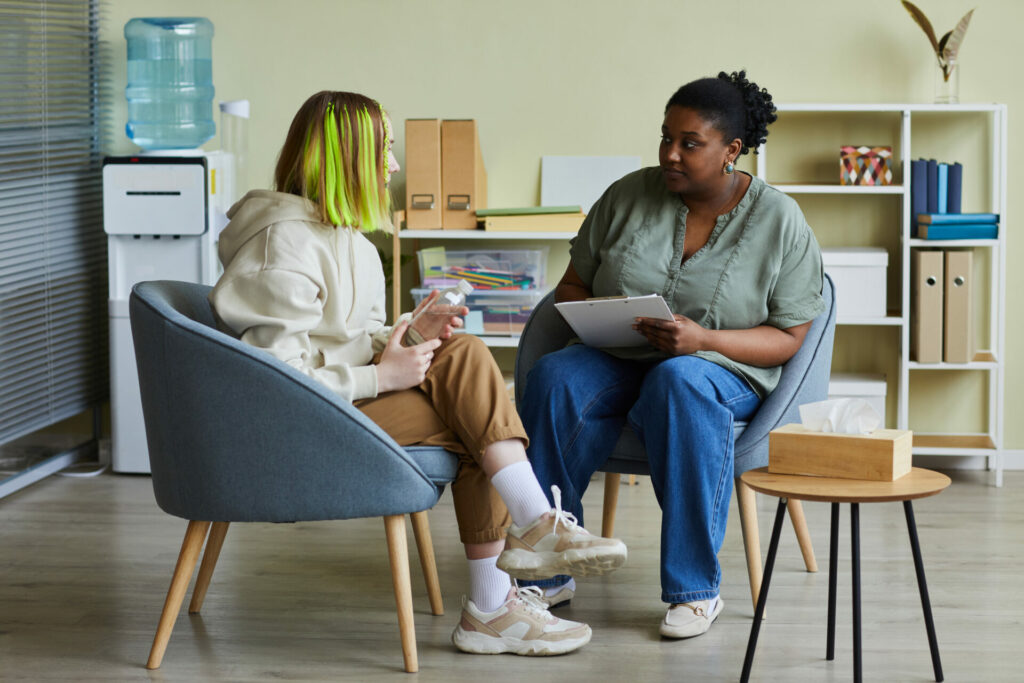Around one in five adults have experienced some form of abuse in childhood, so you probably know a survivor.
Call our free, confidential support line:
0808 801 0331
Monday to Thursday: 10am – 9pm
Friday: 10am – 6pm
Saturday and Sunday – Closed
We’re taking calls from 10am until 9pm Mondays to Thursdays, and 10am until 6pm on Fridays
We are a very small team and it can be difficult to get through. Please try at different times rather than re-dialling repeatedly as our team dedicate time to finish each call.
We offer 30 minutes of supportive listening with signposting if that is relevant to your needs, but we cannot offer on-going support or counselling.
We also offer support by email – support@napac.org.uk
Please call our support line if you need to talk to someone soon, and try at different times if you have difficulty getting through.
NAPAC’s series of booklets for survivors and those who support them are free to download
and are also available in audio format.
Childhood trauma damages families and relationships. Survivors often suffer from post-traumatic stress disorder, isolation, anxiety and depression.
Some may use damaging coping mechanisms such as substance misuse and self-harming, presenting challenges for an individual who is trying to support them.
If you’re supporting a survivor, knowing how best to deal with these issues appropriately whilst also looking after yourself can be difficult. But you don’t have to figure it out alone.
Our booklet was written with supporters of survivors in mind, and addresses a wide array of questions and concerns.

You cannot support someone if you are not supporting yourself first.
The more knowledge you have about the impact of abuse, the better you will understand the survivor’s experiences, triggers and reactions that currently may feel bewildering to you. Our series of booklets on this website are a useful first step to learning more. Read them here.
Ask the survivor what they need. Don’t assume that you know what’s best for them and push them in that direction. Nobody likes to feel controlled or patronised, but survivors will feel extremely sensitive to any form of control.
Consider that you may not be the best person to support the survivor around the issue of abuse. Someone with less personal involvement – typically a counsellor – will be in a better position to assist and empower the survivor.
Remember that having experienced childhood abuse is not an excuse for bad behaviour. If you are in a close relationship with a survivor who is acting out their pain in a way that is harmful to you, do not tolerate it.
Find out about other support organisations nationally and locally, here.
The National Association For People Abused in Childhood (NAPAC) © is a Registered Charity in England and Wales.
Registered Charity No. 1069802 | Company No. 3565696 | Registered Office: NAPAC, Canopi, 7-14 Great Dover Street, London, SE1 4YR. | © 2023 |